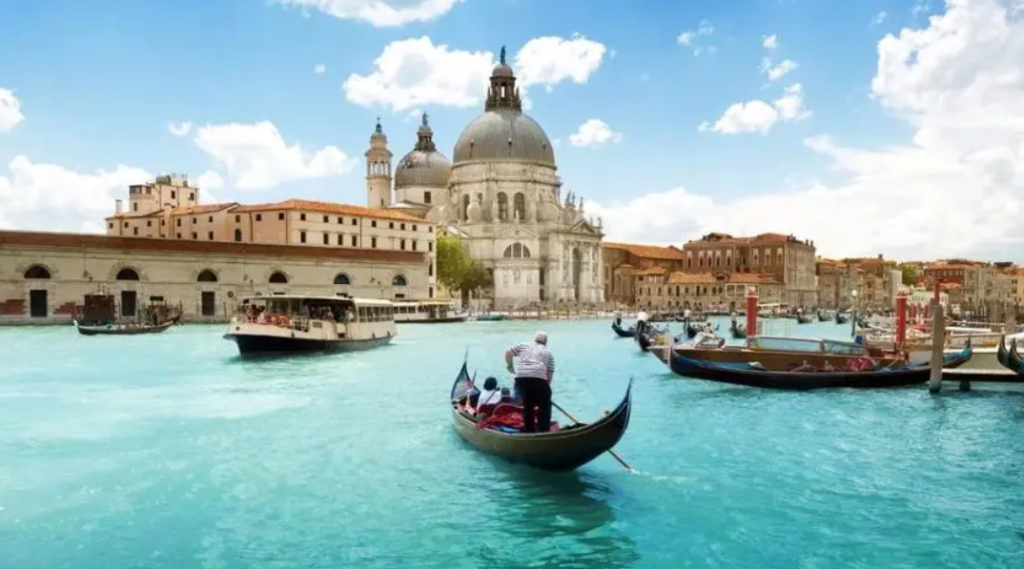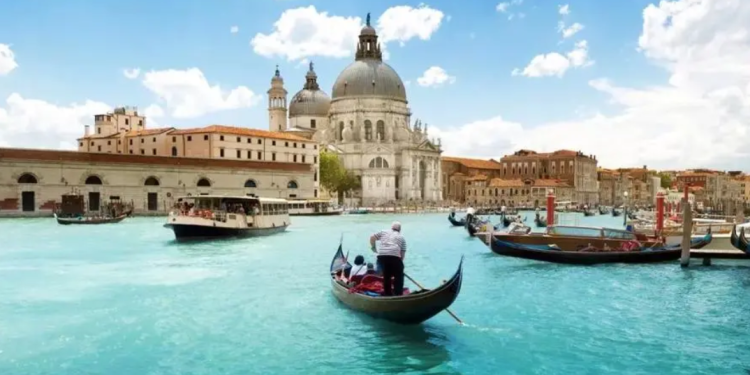1. Introduction
In today’s fast-paced world, finding moments of peace and serenity can be challenging. Meditation retreats offer a sanctuary for individuals seeking refuge from the hustle and bustle of daily life. In this guide, we explore the benefits of meditation retreats and highlight tranquil destinations where you can embark on a journey of self-discovery and inner peace.
2. Benefits of Meditation Retreats
Stress Reduction
Meditation retreats provide an opportunity to disconnect from the stresses of modern life and cultivate a sense of calm and relaxation. Through mindfulness practices and guided meditation sessions, participants can release tension and rejuvenate their minds and bodies.
Mental Clarity
Regular meditation promotes mental clarity and focus, allowing individuals to quiet the chatter of the mind and gain insight into their thoughts and emotions. Retreat settings conducive to meditation enhance this process, fostering deep introspection and self-awareness.
Emotional Balance
Embracing a contemplative practice fosters emotional resilience and balance, empowering individuals to navigate life’s challenges with equanimity and grace. Meditation retreats offer a supportive environment for exploring and processing emotions, leading to greater emotional intelligence and well-being.
3. Choosing the Right Destination
Natural Settings
Tranquil destinations set amidst nature, such as mountains, forests, and coastal retreats, provide an ideal backdrop for meditation practice. The serene beauty of the natural environment enhances the meditative experience, fostering a deep sense of connection with the earth and promoting inner peace.
Cultural Immersion
Some meditation retreats are located in culturally rich destinations, offering participants the opportunity to immerse themselves in local traditions and customs. Cultural immersion adds a unique dimension to the retreat experience, enriching it with diverse perspectives and insights.
Accessibility
When selecting a meditation retreat destination, consider factors such as travel logistics, accommodation options, and accessibility. Choose a location that aligns with your budget, schedule, and preferences, ensuring a seamless and stress-free retreat experience.
4. Tranquil Destinations for Meditation Retreats
Himalayas
Nestled amidst the majestic peaks of the Himalayas, retreat centers in Nepal, India, and Bhutan offer a tranquil setting for meditation and self-reflection. Surrounded by pristine nature and sacred sites, participants can embark on a spiritual journey amidst breathtaking landscapes.
Bali
Renowned for its vibrant culture and spiritual atmosphere, Bali is a popular destination for meditation retreats. From lush rice terraces to secluded beaches, Bali’s natural beauty provides an idyllic setting for inner exploration and personal growth.
Sedona
Located in the heart of Arizona’s red rock country, Sedona is revered for its energy vortexes and spiritual significance. Meditation retreats in Sedona offer participants the opportunity to connect with the earth’s energy and tap into their inner wisdom amidst stunning desert landscapes.
Kyoto
Steeped in history and tradition, Kyoto is a haven for spiritual seekers and mindfulness practitioners. With its tranquil temples, peaceful gardens, and serene atmosphere, Kyoto provides an ideal setting for meditation retreats focused on inner peace and harmony.
5. Planning Your Meditation Retreat
Accommodation
Research retreat centers and accommodation options carefully, considering factors such as amenities, facilities, and the overall atmosphere. Choose a retreat center that resonates with your preferences and values, ensuring a comfortable and supportive environment for your meditation practice.
Daily Schedule
Review the retreat itinerary and daily schedule to gain insight into the structure and activities planned for each day. Look for a balance between guided meditation sessions, mindfulness practices, and free time for rest and reflection.
Meditation Techniques
Explore the meditation techniques and practices offered at the retreat, ranging from mindfulness meditation and breathwork to loving-kindness meditation and visualization exercises. Choose techniques that resonate with your intentions and goals for the retreat experience.
6. Preparing for Your Retreat
Mental Preparation
Prepare yourself mentally for the retreat experience by setting clear intentions and goals for your journey. Cultivate an open mind and heart, allowing yourself to embrace the present moment and surrender to the transformative process of meditation.
Packing Essentials
Pack essential items for your meditation retreat, including comfortable clothing, meditation cushions or props, journaling supplies, and any personal items that enhance your practice. Consider bringing items that promote relaxation and well-being, such as essential oils or herbal teas.
Setting Intentions
Set intentions for your meditation retreat, clarifying what you hope to gain from the experience and how you intend to cultivate inner peace and serenity. Reflect on your aspirations and desires, infusing your retreat with purpose and meaning.
7. The Experience of Meditation Retreats
Inner Journey
Embarking on a meditation retreat is a journey of self-discovery and inner exploration, guiding participants on a path of self-awareness and personal transformation. Through meditation, reflection, and contemplative practices, individuals can access deeper layers of consciousness and wisdom.
Community
Meditation retreats often foster a sense of community and camaraderie among participants, creating a supportive and nurturing environment for growth and healing. Sharing experiences, insights, and challenges with fellow retreatants can enrich the retreat experience and foster connections that endure beyond the retreat.
Transformation
The transformative power of meditation retreats lies in their ability to catalyze profound shifts in consciousness and perspective. Participants may experience moments of insight, clarity, and awakening, leading to profound personal growth and spiritual evolution.
8. Conclusion
Meditation retreats offer a sanctuary for seekers of serenity, providing an opportunity to disconnect from the noise of the world and reconnect with the inner self. By choosing tranquil destinations and immersing oneself in the practice of meditation, individuals can cultivate inner peace, clarity, and balance.

FAQs After The Conclusion
- How long do meditation retreats typically last?
- The duration of meditation retreats varies depending on the program and retreat center. Retreats can range from weekend getaways to extended stays lasting several weeks or months.
- What is the difference between a silent retreat and a traditional meditation retreat?
- Silent retreats emphasize silence and solitude as a means of deepening one’s meditation practice and inner reflection. Traditional meditation retreats may include periods of silence but also offer guided instruction, group activities, and communal meals.
- Are meditation retreats suitable for beginners?
- Yes, many meditation retreats welcome beginners and offer introductory programs designed to support newcomers in establishing a meditation practice. Retreat leaders and instructors provide guidance and support for participants at all levels of experience.
- What should I expect during a typical day at a meditation retreat?
- A typical day at a meditation retreat may include guided meditation sessions, mindfulness practices, yoga or qigong exercises, silent contemplation, and opportunities for rest and reflection. The daily schedule varies depending on the retreat program and structure.
- Can I bring electronic devices to a meditation retreat?
- Many meditation retreats encourage participants to disconnect from electronic devices such as smartphones, tablets, and laptops to create a distraction-free environment conducive to meditation and inner exploration. Check with the retreat center for specific guidelines on electronic device usage.
- What is the food like at meditation retreats?
- The food served at meditation retreats varies depending on the retreat center and program. Many retreats offer nutritious, plant-based meals designed to support health and well-being. Dietary restrictions and preferences are typically accommodated.
- Are meditation retreats religious in nature?
- While some meditation retreats may have religious or spiritual elements, many are secular and welcome individuals of all faiths and backgrounds. Participants are encouraged to approach the retreat experience with an open mind and respect for diverse beliefs and perspectives.
- How can I continue my meditation practice after the retreat ends?
- After the retreat ends, consider incorporating daily meditation into your routine to maintain the benefits of your practice. Establish a regular meditation schedule, explore different techniques, and seek support from local meditation groups or online communities.







